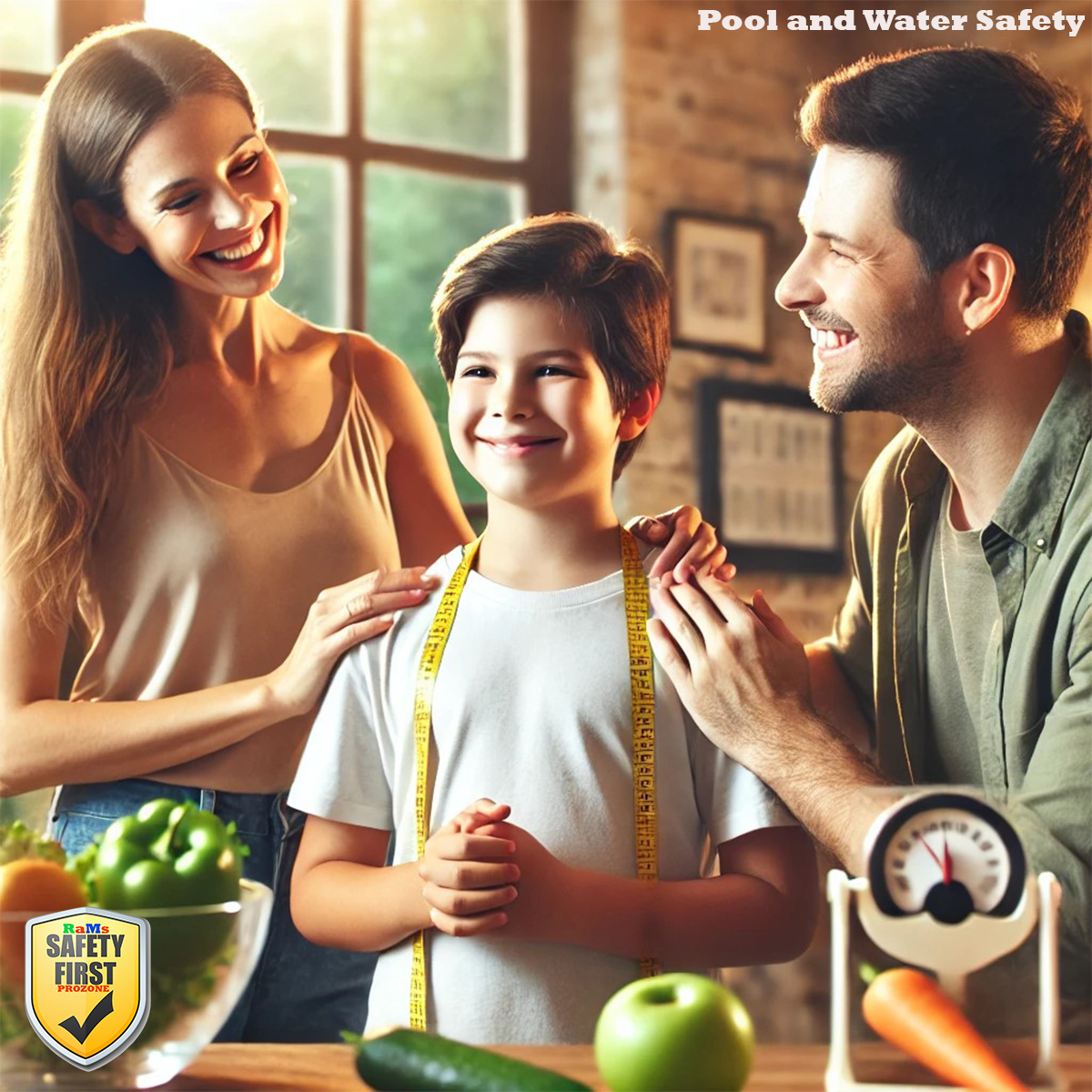 |
| SUMMER WATER SAFETY |
Pool and Water Safety
Now that summer is here and people are heading to the pool, the
beach, pond, river, or lake, it’s time for some water safety reminders.
https://ramsprozone.blogspot.com
wants parents and caregivers to put on their thinking-bathing caps when they do
take in aquatic activities! Being safe
in and around water–even a child’s wading pool–is crucial to your child’s life
and your happiness. Unfortunately, we must remind everyone that drowning can
occur quickly.
According to the World Health Organization's 2024 Global Status Report on Drowning Prevention, drowning remains a significant public health issue, with over 300,000 fatalities worldwide in 2021. Children are particularly vulnerable, with nearly 82,000 drowning deaths among those aged 1 to 14 years annually.
In the United States, approximately 830 children aged 14 and under drown each year, and there are about 3,600 injuries due to near-drowning incidents among children annually.
These statistics underscore the critical need for enhanced drowning prevention measures, including swimming lessons, constant supervision of children near water, and public awareness campaigns. No matter what we think about the recently televised Casey Anthony trial, the trial drew attention to very necessary pool safety and how easy it can be for very young children to access a family pool. Here’s a sad factoid:
For children aged 1 to 4 years, home swimming pools are the most frequent location where drowning occurs.
One might think it would be just the opposite, that at home,
parents, family members, caregivers, or babysitters might be more available to
watch a young child in and around the pool. However, these kinds of accidents
usually occur when someone is not watching or paying attention, even though
caregivers have claimed that children involved in drowning accidents were being
supervised while in the water.
It bears repeating that accidents in and around the water happen
fast.
These accidents happened, and the families of these children are
bereft. It is painful to ask questions afterward–who was supervising, who was
watching? More facts:
·
16 percent of drowning deaths in
children under 5 years of age are at a family or friend’s pool, while 17
percent of deaths occur at a public, community, or neighbor pool.
·
Most drowning deaths among infants
(under one-year-old) occur in bathtubs, buckets, or toilets.
This last fact, to us, is stunning. But it also
dictates that we, as parents and caregivers, can be the safety supervisor in
our children’s lives when they are doing something as dangerous… as taking a
bath. Yes, dangerous. Drowning can occur in as little as
three inches of water. SafeKids says that the most dangerous pools are
children’s public wading pools, in-ground hot tubs, or any other pools that
have flat drain grates and/or a single main drain system. For these the danger
is entrapment.
https://ramsprozone.blogspot.com
reminds parents to “actively supervise your
children when they are in and around water at all times, and have a
phone nearby to call for help in any emergency.
https://www.who.int/teams/social-determinants-of-health/safety-and-mobility/global-report-on-drowning-prevention?utm_source=chatgpt.com
https://www.sneedmitchell.com/post/child-drowning-statistics-2024?utm_source=chatgpt.com




0 Comments